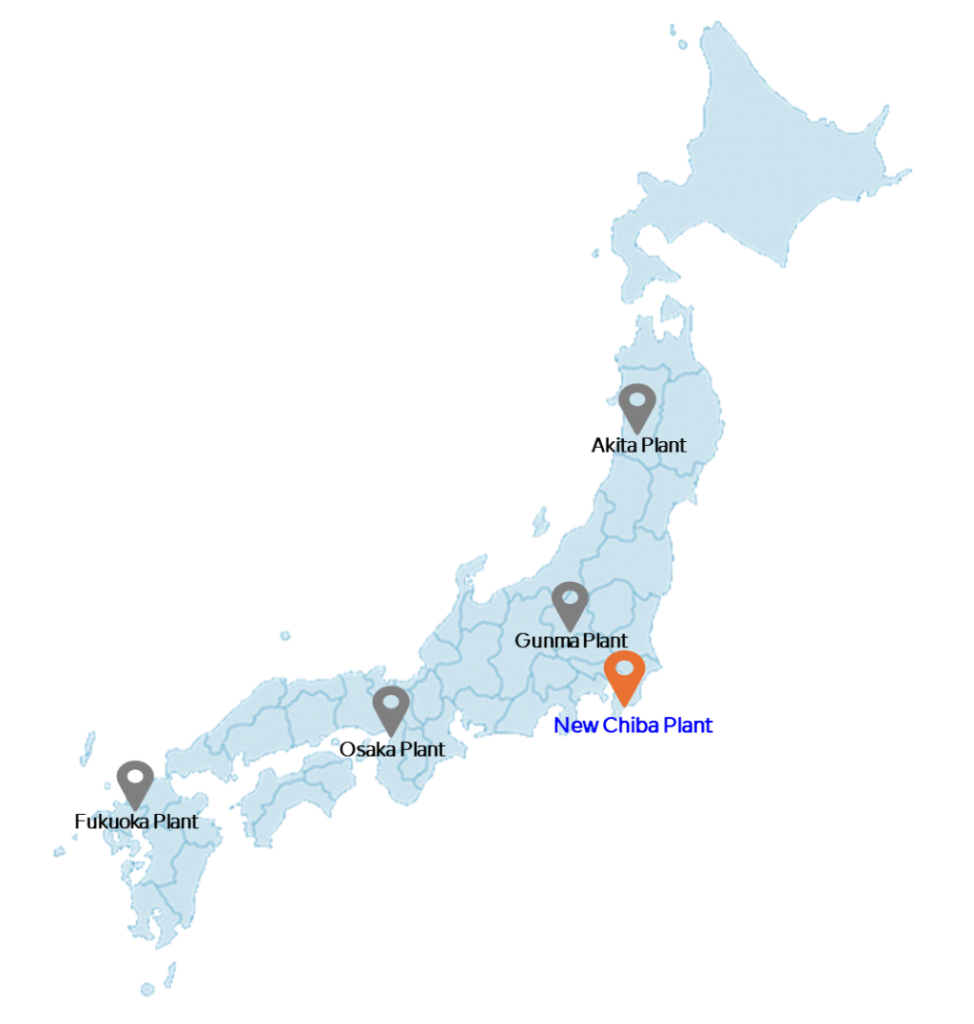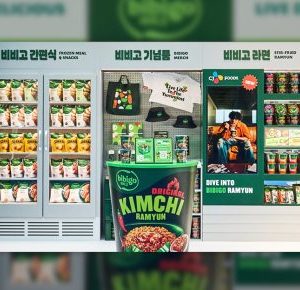The new Chiba factory will strengthen the company’s foothold in the Japanese market with more production lines of bibigo products, especially bibigo mandu

CJ Foods is accelerating its global K-food business expansion by strengthening overseas production capabilities.
On May 8, CJ Foods announced plans to build a new mandu production factory in Japan’s Chiba Prefecture. The investment is part of the company’s broader initiative to develop manufacturing capacity and expand its footprint in the Japanese market.
With an investment of approximately 100 billion KRW (73 million USD), the new facility will be located inside Kazusa Akademia Park, occupying a 42,000 square meters site — about the size of six soccer fields — with a total floor area of 8,200 square meters. Outfitted with cutting-edge production lines, the plant is scheduled to be completed in July and begin producing bibigo mandu in September for nationwide distribution in Japan.
This move marks the latest in CJ Foods’ global strategy to tap into the growing influence of “K-trends” in Japan — cultural exports that now include Korean food alongside K-pop and K-dramas. The company views this as a critical opportunity to build long-term growth in a key international market.
Earlier this year, CJ Group Chairman Lee Jay-hyun visited Japan for a global business trip, emphasizing the resurgence of the Hallyu Wave as a pivotal opportunity for the global expansion of K-culture and adding that brands like bibigo, which are already well-positioned in the Japanese market, must fully seize the moment. “By accelerating localization and building out global infrastructure, we can boost our competitiveness and rise as a true global leader,” Lee remarked.

By building a local production base, CJ Foods aims to foster its foothold in Japan’s frozen dumpling market and significantly scale its growing food business in the region. The company sees strong growth potential in the frozen dumpling market, which is valued at approximately 114 billion JPY (about 800 million USD) annually — with more than half of that figure driven by gyoza, a dumpling style similar to the company’s flagship bibigo mandu. At the new facility, CJ Foods plans to manufacture both its popular bibigo mandu alongside new, convenience-focused offerings.
Currently in Japan, CJ Foods’ products, including bibigo mandu, gimbap and K-style sauces, are already available across major Japanese retail channels such as AEON, Costco, Amazon and Rakuten. Notably, Japan was the first country in the world to launch bibigo gimbap in 2023, and the product has seen remarkable success, with approximately 2.5 million units sold last year, primarily through AEON and Costco. As the Chiba factory’s completion in the second half of the year boosts the local dumpling production capacity, CJ Foods is positioned for both qualitative and quantitative growth in the Japanese market.
Elsewhere in the world, the company is also ramping up in other high-growth production regions, including the U.S. and Europe. In November last year, the company finalized plans to build a new European K-food facility in Dunavarsány near Budapest, Hungary, with bibigo mandu production set to begin in the second half of 2026. Meanwhile, in Sioux Falls, South Dakota, CJ Foods broke ground on its upcoming Asian food production complex, which is expected to be the largest of its kind in North America when it opens in 2027. The site will include production lines for steamed dumplings, egg rolls and a logistics center serving as a key production hub for the U.S. market.
CJ Foods has steadily broadened its international manufacturing footprint. In the U.S., the company operates 20 food plants, including those acquired through its 2019 purchase of Schwan’s Company. In Japan, CJ Foods entered the market by acquiring local company Gyoza Keikaku in 2019 and now operates four mandu factories across the country. In Europe, it secured its first production base in 2018 with the acquisition of German frozen food company Mainfrost. In 2022, it established the Kizuna plant in Vietnam — the company’s first factory to adopt the C2C (country-to-country) model, producing locally for export to other international markets. Most recently, in 2023, CJ Foods secured a manufacturing facility in Australia, where it now produces mandu and kimchi for local consumers.











